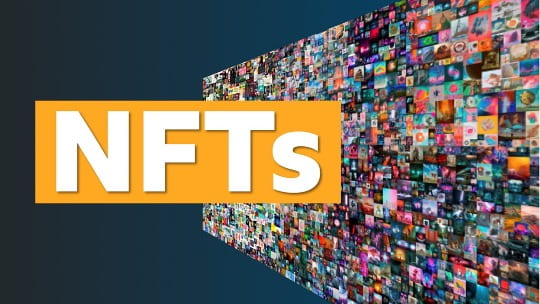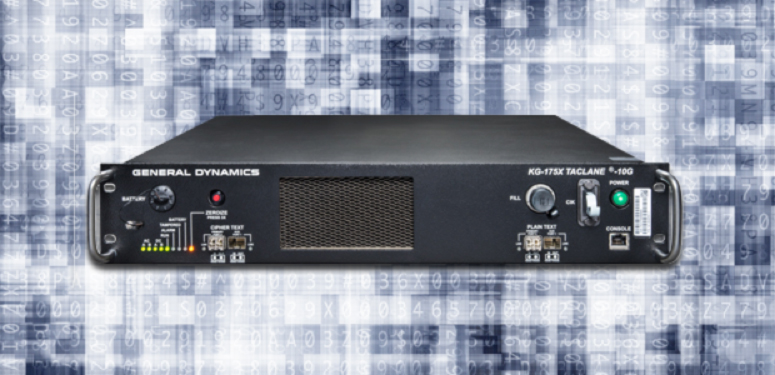A Scent of Hesitation: Navigating Ambiguity With Scent Trademarks
By: Kelsey Shaughnessy Crayola’s Chief Executive Officer Pete Ruggiero recognized the significance of the peculiar, yet memory-inducing smell of Crayola crayons when he obtained a scent trademark from the US Patent and Trademark Office (USPTO) in July 2024, after a six-year legal battle. Described as “slightly earthy soap with pungent, leather-like clay undertones,” Ruggiero envisions… Read More A Scent of Hesitation: Navigating Ambiguity With Scent Trademarks















